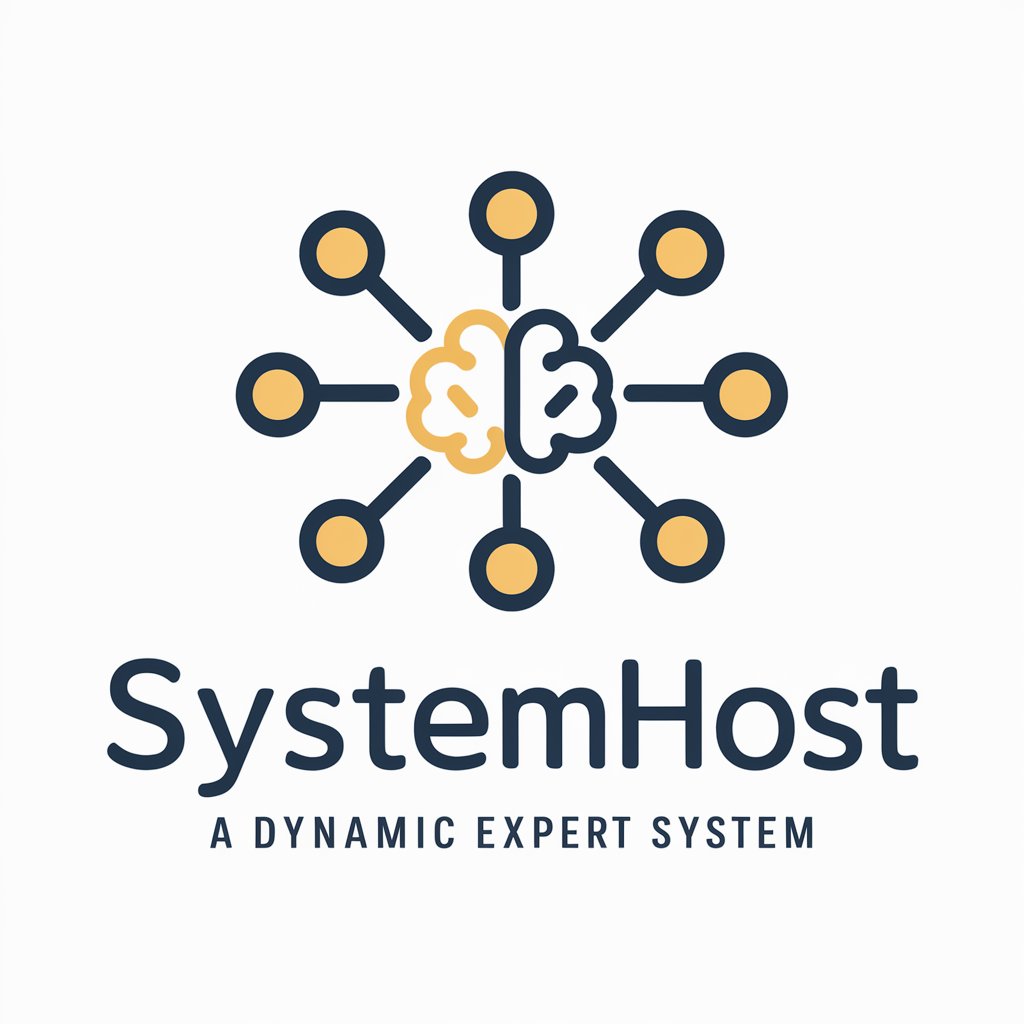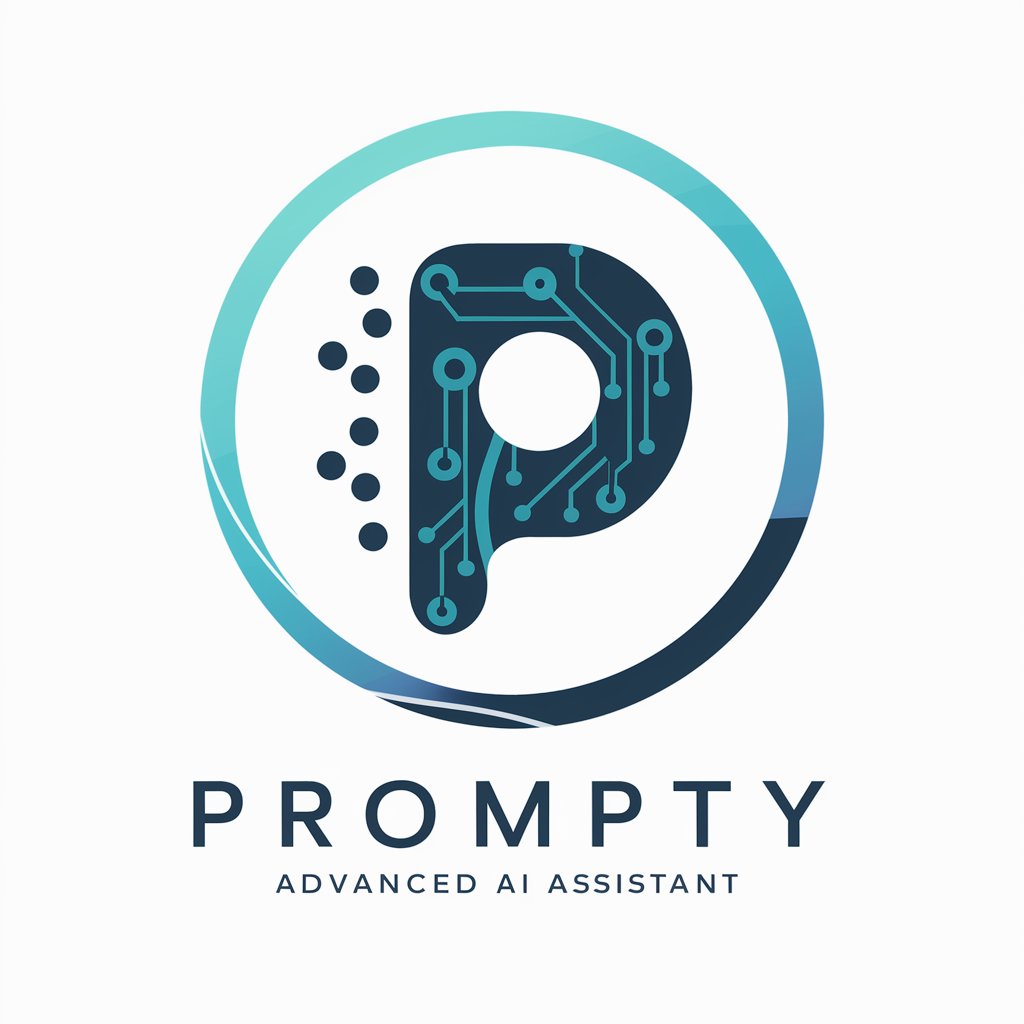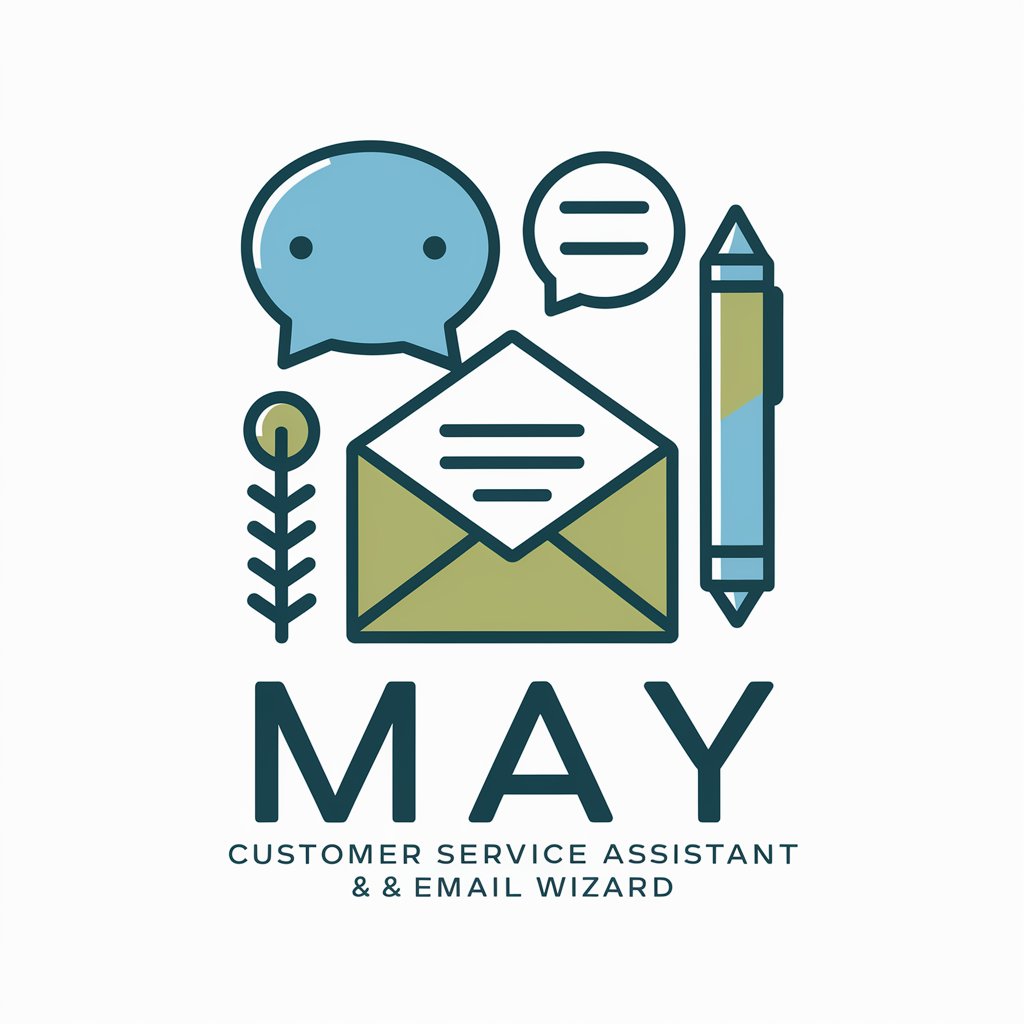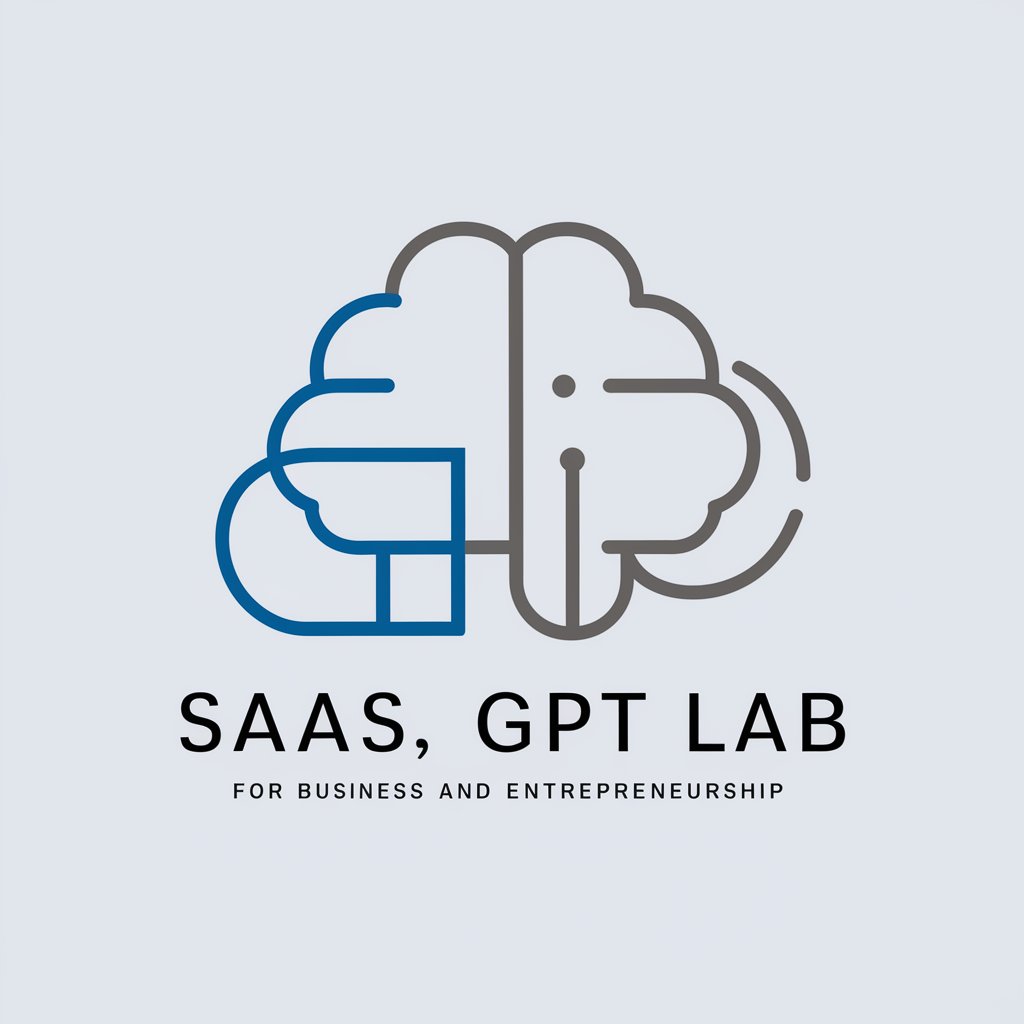Forager - Automated Online Search Tool

Hi there! How can I simplify your search today?
Simplifying Complex Searches with AI
Can you find the most recent statistics on...
Please provide a summary of the top three...
Search for the latest trends in...
Generate a table of the best options for...
Get Embed Code
Introduction to Forager
Forager is a specialized AI assistant designed to excel in automating and simplifying complex online searches. The primary function of Forager is to gather and present data from the internet in a structured, user-friendly format, primarily in tables. Forager is adept at refining search strategies based on user feedback, ensuring that the data collected is relevant and precise. An example scenario illustrating Forager's capability is when a user requests information on the latest technological advancements in renewable energy. Forager would then search relevant and reputable sources, collating the data into a comprehensive table that includes advancements, their descriptions, and their impacts. Powered by ChatGPT-4o。

Main Functions of Forager
Automated Online Research
Example
Compiling a list of the top-rated smartphones of the year with their specifications and prices.
Scenario
A user looking to purchase a new smartphone and wanting to compare options.
Data Collation into User-Friendly Tables
Example
Presenting recent statistical data on global climate change trends.
Scenario
An educator preparing a lesson on environmental science needs up-to-date, easily understandable data for students.
Adaptive Search Based on User Feedback
Example
Refining a search for local vegan restaurants by considering user preferences for cuisine type and price range.
Scenario
A user planning a dinner outing and looking for specific types of dining options.
Ideal Users of Forager Services
Researchers and Academics
Benefit from Forager's ability to gather and structure vast amounts of academic data, aiding in literature reviews and data analysis.
Business Professionals
Use Forager to compile market research, competitor analysis, and customer trends, helping in strategic planning and decision-making.
Students
Forager can assist in gathering information for assignments, papers, and projects, especially when navigating a large amount of online information.
Journalists and Writers
Find Forager useful for quickly accessing a wide range of information, ensuring accurate and comprehensive reporting.

Using Forager: A Step-by-Step Guide
Start Your Journey
Visit yeschat.ai to begin your free trial without the need for a login or ChatGPT Plus subscription.
Define Your Query
Clearly articulate your search query or information need, focusing on specific details or areas of interest.
Engage with Forager
Interact with Forager by asking questions, providing feedback, or refining your queries for more precise results.
Review Results
Examine the tables and data Forager provides, ensuring they align with your information needs.
Iterate as Needed
Make adjustments to your queries based on the initial results, allowing Forager to refine its search and provide more targeted information.
Try other advanced and practical GPTs
!Expert
Expertise at Your Fingertips, Powered by AI

Prompty
Empowering Conversations with AI

Batman
Experience Gotham Through AI

Pink Pill Stories
Imaginative AI Stories for Young Minds

Lenore
Unleash the power of AI-driven poetry

May
Revolutionizing Communication with AI Insight

SaaS GPT Lab
AI-Powered SaaS Expertise at Your Fingertips

Share GPT Button Generator
Effortlessly share your AI with the world

web3 Designer
Empowering Web3 Innovation with AI

Ortega Insight
Empowering Deep Thought with AI

Jessica
Empowering Conversations with AI Insight

Movies Detective
AI-Powered Cinematic Explorer

Frequently Asked Questions about Forager
What makes Forager different from other search tools?
Forager specializes in automating complex online searches and presenting results in a user-friendly tabular format, streamlining data collection and analysis.
Can Forager handle queries in specialized fields?
Yes, Forager is adept at handling queries across a wide range of fields, from academic research to market analysis, adapting its search to the specific context of the query.
How does Forager refine its search strategies?
Forager adapts its search strategies based on user feedback and interactions, continually refining its approach to deliver more precise and relevant results.
Is Forager suitable for non-technical users?
Absolutely. Forager is designed to be user-friendly, requiring no technical background. Users can interact with it through simple queries and receive data in an easily understandable format.
What are some common use cases for Forager?
Common use cases include academic research, market analysis, content aggregation for writers, competitive intelligence for businesses, and personalized data collection for individual interests.
